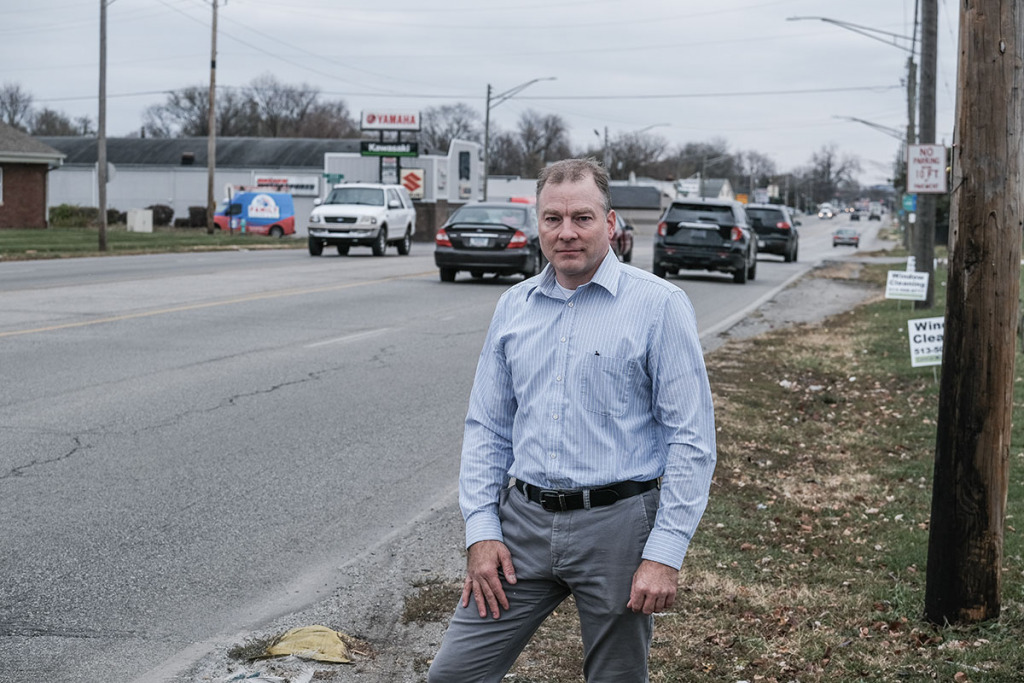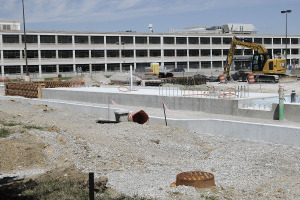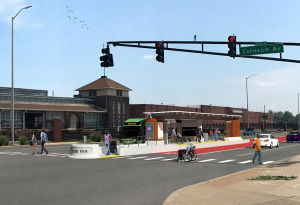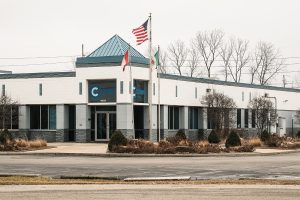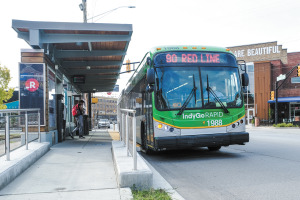
IndyGo sues infrastructure consulting company over $4.7M in construction overruns
IndyGo says the overruns were the result of an infrastructure consulting company’s failure to properly investigate the downtown building site of the Julia M. Carson Transit Center for potential complications.



